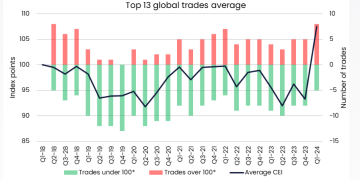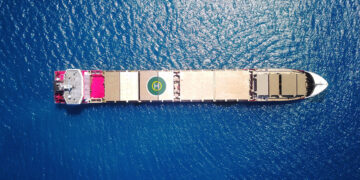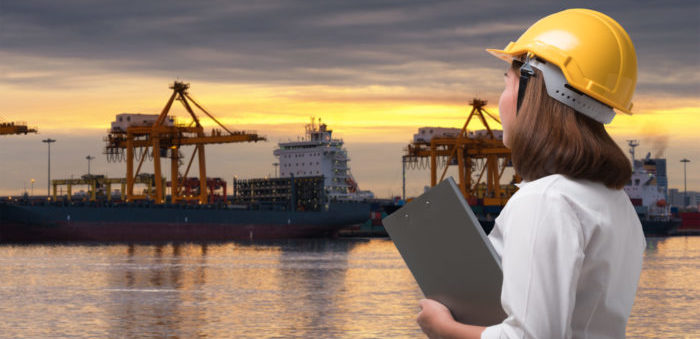The Seafarers’ Charity has announced funding for a new service aimed at supporting women seafarers who have experienced sexual trauma while working at sea.
Trauma counselling can help women to deal with the trauma they feel following experiences of violence or harassment at work. Trauma counselling can be delivered 1-2-1 or in group therapy and either face-to-face or virtually.
Trauma counselling can help with stabilisation after trauma as well as help to manage anxiety and depression. It includes teaching self-coping strategies and skills to help a woman to feel safe in the future. This is vital help for a woman who has been subject to sexual violence or abuse as it can help a woman to cope and return to work sooner, rather than risk deteriorating mental health.
The funding announcement from The Seafarers’ Charity of this new service for women seafarers is in response to evidence revealed in a recent research report on ‘The “Port-Based Welfare Needs of Women Seafarers” by Professor Helen Sampson and Dr Iris Acejo at Cardiff University’s Seafarers International Research Centre.
The research, funded by The Seafarers’ Charity, revealed female seafarers’ experience of isolation and fear of sexual assault within the male-dominated work environment of a cargo ship.
As explained, for many women seafarers, sexual harassment is relatively commonplace, and a potentially traumatising, event. Most frequently, harassment involved unwanted touching and kissing of women seafarers’ hands, faces, and private places. Senior officers, as well as colleagues of equal and subordinate status to women seafarers, were reported as carrying out such interactions. The research report shares many quotes from women who describe their experiences. For some women seafarers, their fear for their personal safety on board meant that they frequently rigged up second locks or alternative barring mechanisms on their cabin doors to block unwanted entry by male colleagues.
At an interactional level women seafarers also felt excluded by their colleagues’ enjoyment of explicit sexual jokes and comments about women as well as the collective viewing of pornography.
According to the report, sexual harassment produced different degrees of fear amongst women seafarers but a common strategy for survival was to absent
themselves from the few social activities which took place on board.





























































